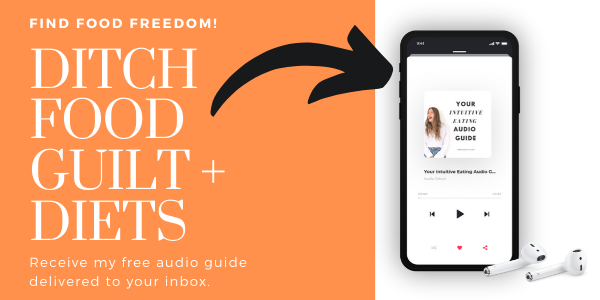Over the past few weeks, a common theme has cropped up in my Happy Wholefoods for Busy Women group.
That theme centres around weight loss.
An inevitable topic when it comes to the food we eat and our health.
The question and subsequent discussions have provided me with a timely reminder to, as I do best... share my experiences with you.
"I have recently lost weight through calorie counting, I have read through your blog posts and I know you don't count calories and I don't want to be doing it forever either, but I still have weight to lose. How do you know you are creating a deficit?"
When I first read this question, I felt a whole heap of mixed emotions. Most pressing of which was frustration.
Why?
Because I've been there.
Focused on calories like nobody's business. You can read more of that journey here though today I'm talking about what happens next.
On this site, there's quite a few posts that talk about my love for all things calorie counting dating back to 2013.
So why then if I no longer count calories, have I left these posts up? To show that, like everything in life, it's a journey.
What we're often not taught is that we need to get in touch with our own natural instincts; our own needs and appetites - that this is where healthy weight maintenance and a good relationship with food starts.
It's actually crazy that most of us wouldn't know it from a bar of soap and are happy to hand that power over to others (myself included many moons ago!)
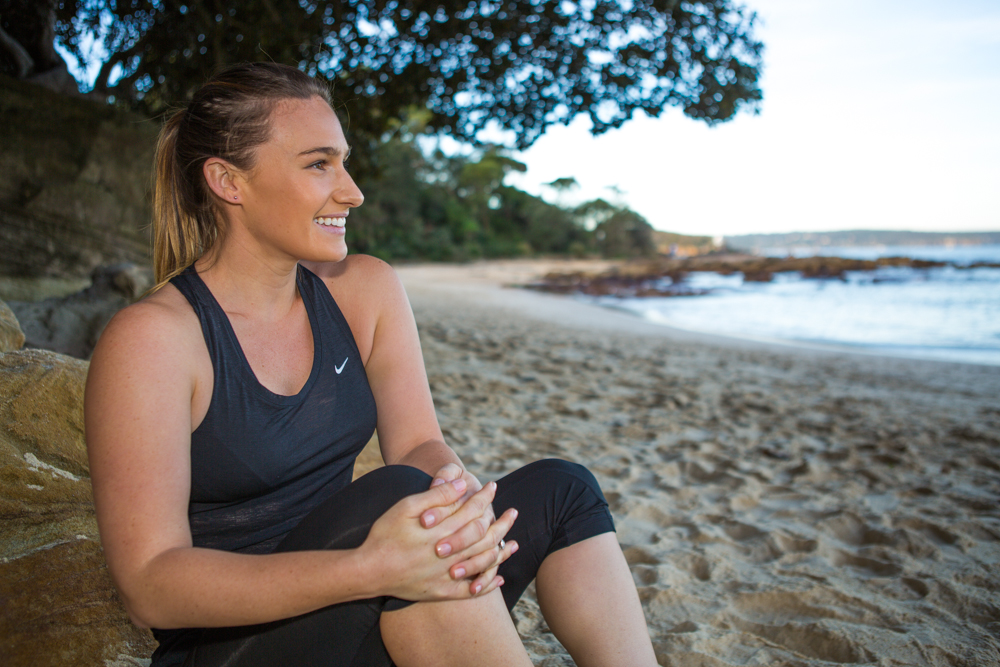
Calorie counting works on a biological level yes.
As a current student of health science and someone who's lived it, I can confirm that fact.
I can also confirm the complexity of it.
Firstly, not all calories are created equally, nor are they treated the same in the body.
Secondly, we are all vastly unique in our needs - a little thing called bio-individuality and a number can't always cover everything for you.
Third, there's immense room for error - you're human after all and often people find their 'numbers' on Dr Google.
Calorie counting can also invite all kinds of emotional destruction, obsession and worse still, it further disconnects us from the instincts we need in order to no longer count calories - see the catch-22 there?
This is most certainly something that I know a thing or two about.
Courtesy of my self-discipline, I played the calorie game better than most. I counted every morsel of food I ate (from a calorie and macronutrient perspective) for years and alongside a hefty training program, maintained a low body fat percentage.
What's so bad about that?
Other than the immense psychological concerns, there's three main issues with this:
- I was 'fitting' my food in to a set of numbers as opposed to eating what I needed or felt like in terms of appetite. Very often I was eating when I didn't feel like it and certainly eating things I wouldn't have instinctively.
- Without carrying around a group of scientists in my pocket, I wasn't able to be 100% accurate (despite my discipline) about input and output. Each day is different, for all of us. Factors such as sleep, unintentional exercise, digestion and other involuntary movements are all at play here among others and unless you're being measured all day, everyday in all that you do and eat - you're not able to produce spot on results.
- What happens next? What have I learnt? What will my life look like in 10, 20, or even 30 years? Will I continue to take my kitchen scales everywhere, count everything I eat, commit to regular body imaging, track every beat of my heart and calorie burnt?
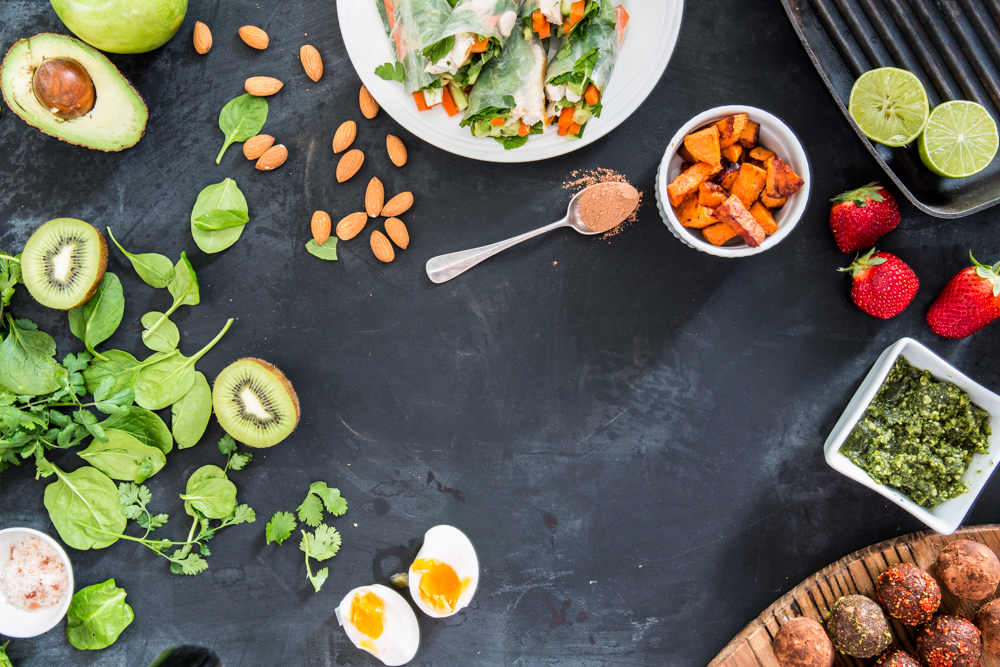
So let's revisit #1 here which feeds into #3 as well.
Disconnecting us from the food that nourishes and satisfies us, allowing us to live the life that we want.
In an extreme sense it could look like eating 10 egg whites to 'get' your protein fix or simply eating without considering what it is you actually require.
When reviewing #2, you might say to me, but you got results without being 100% accurate and yes I did. However it led to many a pained day whereby I would be starving and feeling lacklustre though fearful of going 'over' or outside of my numbers.
What I now know is that those numbers are constantly changing for all of us and additionally let's bring #1 and #3 to the equation - is this sustainable and what on Earth are we doing?
Now when considering #2, I think of an elite athlete and in their case, this lifestyle is not merely appropriate, it's a reality. It's also closely measured, assessed and tweaked by supporting and expert professionals. It's a means to an end.
Talk to an elite athlete and rarely will they tell you that food is joy or nourishment; rather they'll talk about food as fuel.
They'll know their bio-individuality in terms of numbers, stats, percentages and readings and this is what assists getting them to that finish line faster than their competitors.
Whilst they compete, they'll live and breathe it as work and part of the job.
For the rest of us mere mortals, it's certainly not.
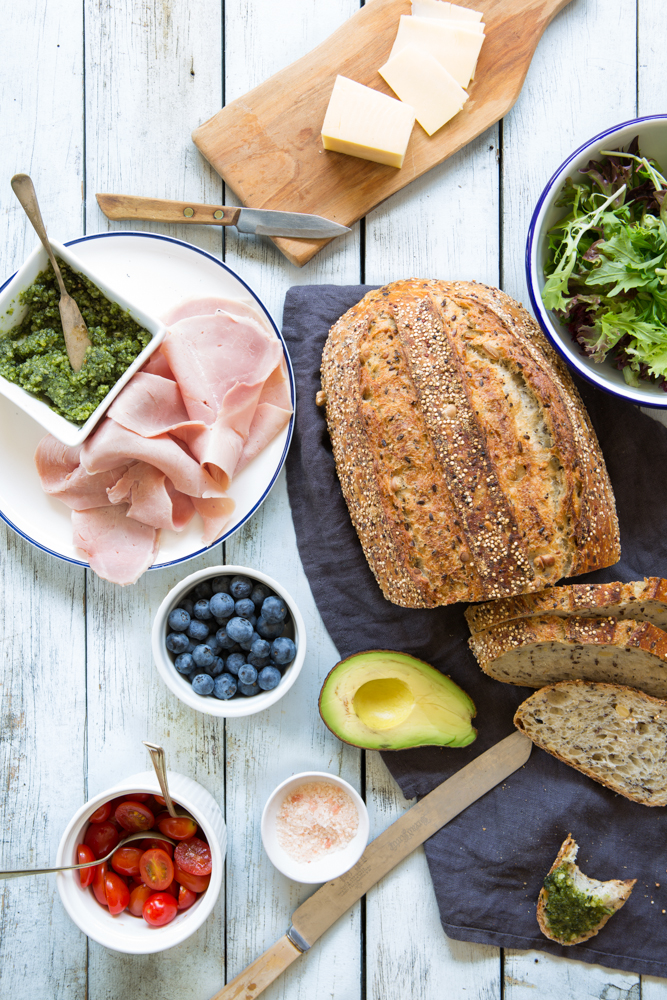
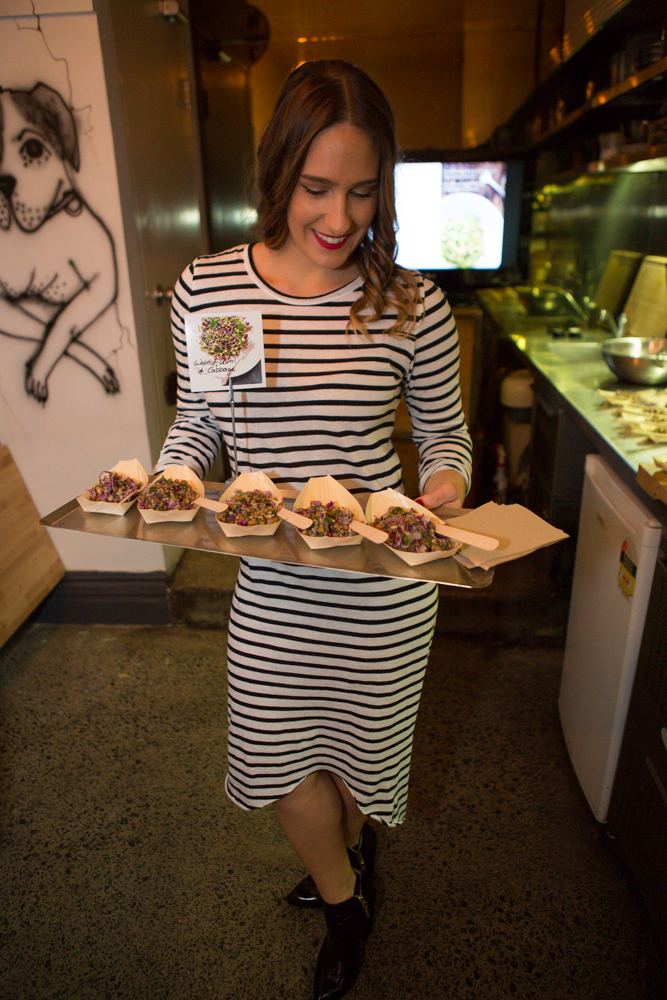
So what now?
This is where stripping back the 'crap' and eating rich and vibrant wholefoods assists us enormously.
When we nourish instead of 'junk-ify-ing' our systems, they can begin to reset and we can begin to observe what's happening to us - and yes it's highly individual. Bio-individual in fact.
What works best for you, won't necessarily work for someone else.
Sounds simple right?
In our over-processed, over-fed and disconnected world - this is a tall order to connect with I know, unless we commit to nourish ourselves with real and delicious food. To allow the natural reset to occur within us and to get in touch with our biological and fundamental needs.
Over-eating and cravings don't exist in that world.
And I know.
I've lived it. Every part of it.

For over one year now I've easily maintained a healthy weight without counting a single thing.
I'm more in touch with my natural instincts than ever. I'm stronger, more vibrant and far less stressed out about what I'm eating and when which all adds up to optimal health and wellbeing, inside and out.
There's 3 simple things that I do.
Eat more of the good stuff. Less of the not-so-good. Nourish and pay attention.
Yes it takes work though so does hating your body and feeling guilty.
It's your choice how to spend the time I guess.
If you or someone you love is looking to reset, my 7 Day Wholefoods eBook is exactly what you need.
Join the tribe and grab your copy HERE.
![]()

